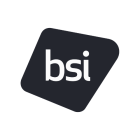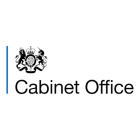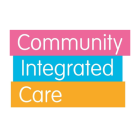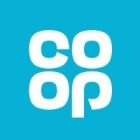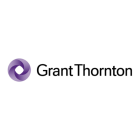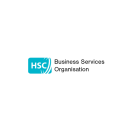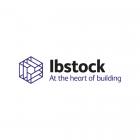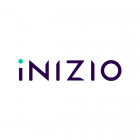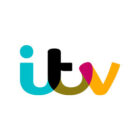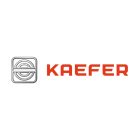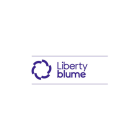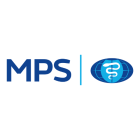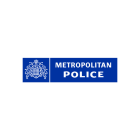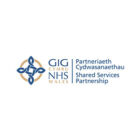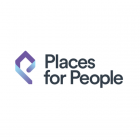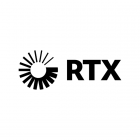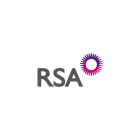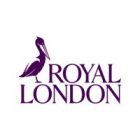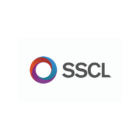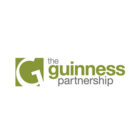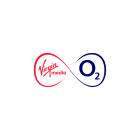
Empathy, communication, adaptability, emotional intelligence, compassion. These are all skills you need to thrive in the workplace and become a great leader. Time and again, we even hear that these capabilities are the key to making yourself indispensable — not just now but far into the future. Soft skills, after all, are what make us human, and as far as we know, can’t be performed well by technologies like artificial intelligence.
Even so, one competency that is often less talked about is reflection. Research shows the habit of reflection can separate extraordinary professionals from mediocre ones. We would go so far as to argue that it’s the foundation that all other soft skills grow from.
The practice itself is all about learning, looking back on the day (without bias or regret) to contemplate your behavior and its consequences. It requires sitting with yourself, taking an honest moment to think about what transpired, what worked, what didn’t, what can be done, and what can’t. Reflection requires courage. It’s thoughtful and deliberate. Being at the “top of your game” only comes when you extract from your past how to engage the future.
To get its full benefits, you must make reflection a habit. But it’s not simple. Generic questions like “What am I grateful for today? What did I learn? What could I have done better?” are often too general to be helpful.
So, what should you reflect upon? At least 1,000 things happen during the course of the week. How do you sort which experiences are most significant for your development? Simply put, which of the myriad of things that flew across your life are worthy of scrutiny?




